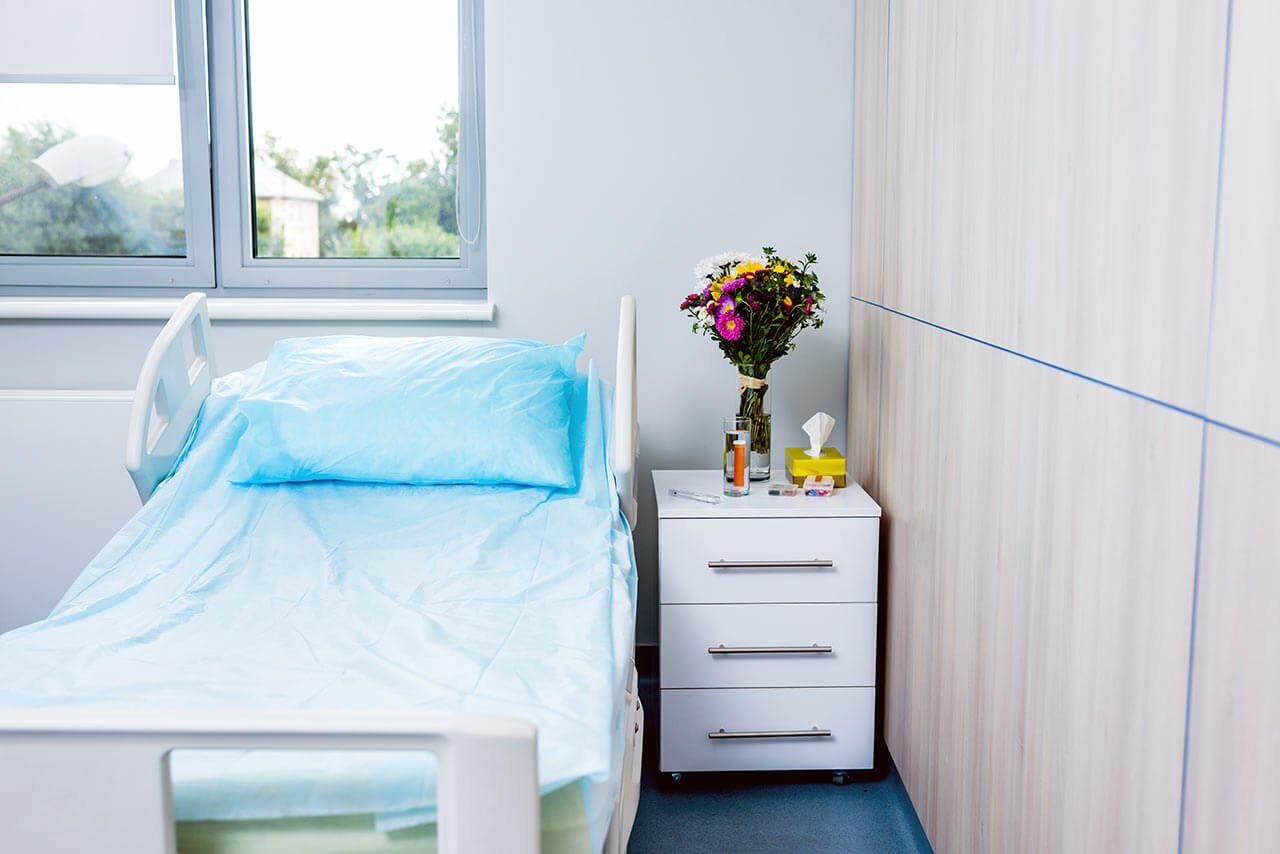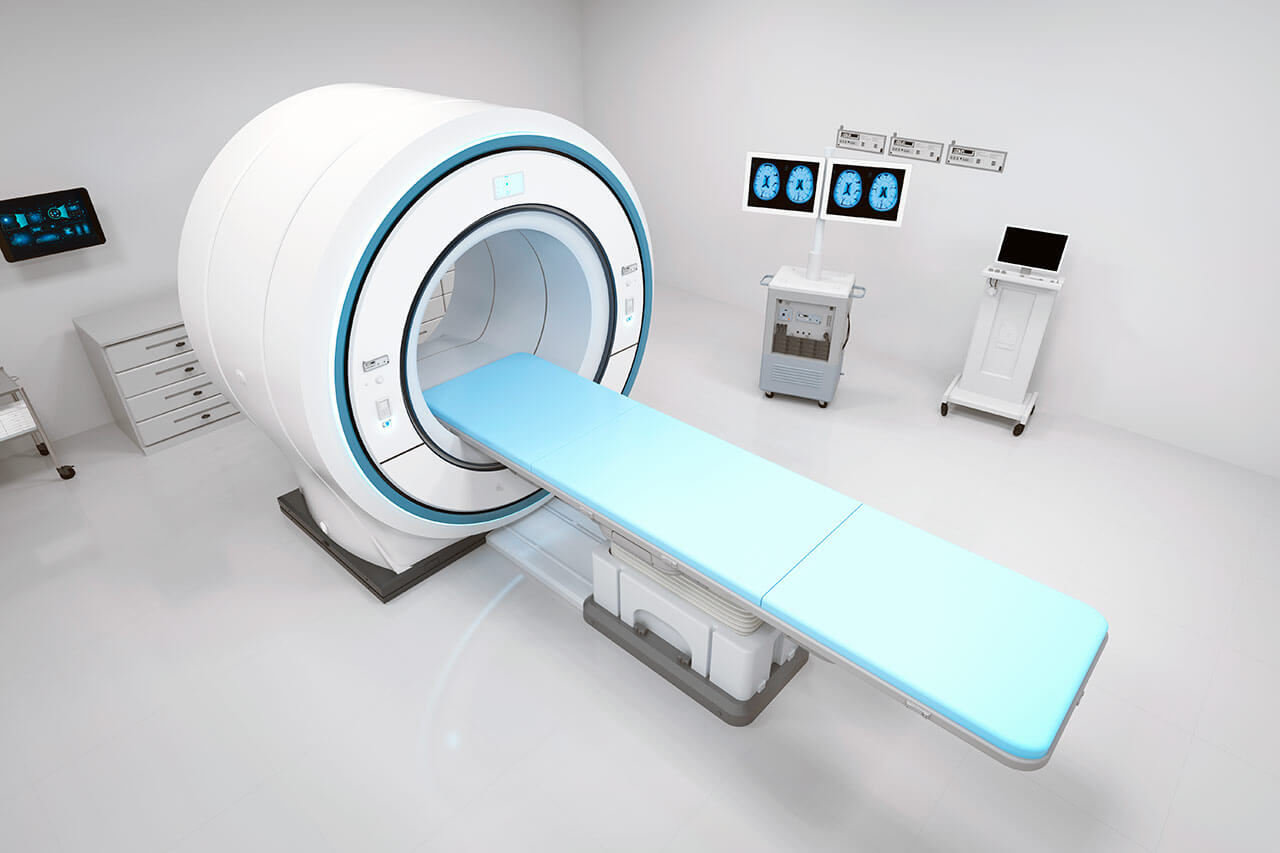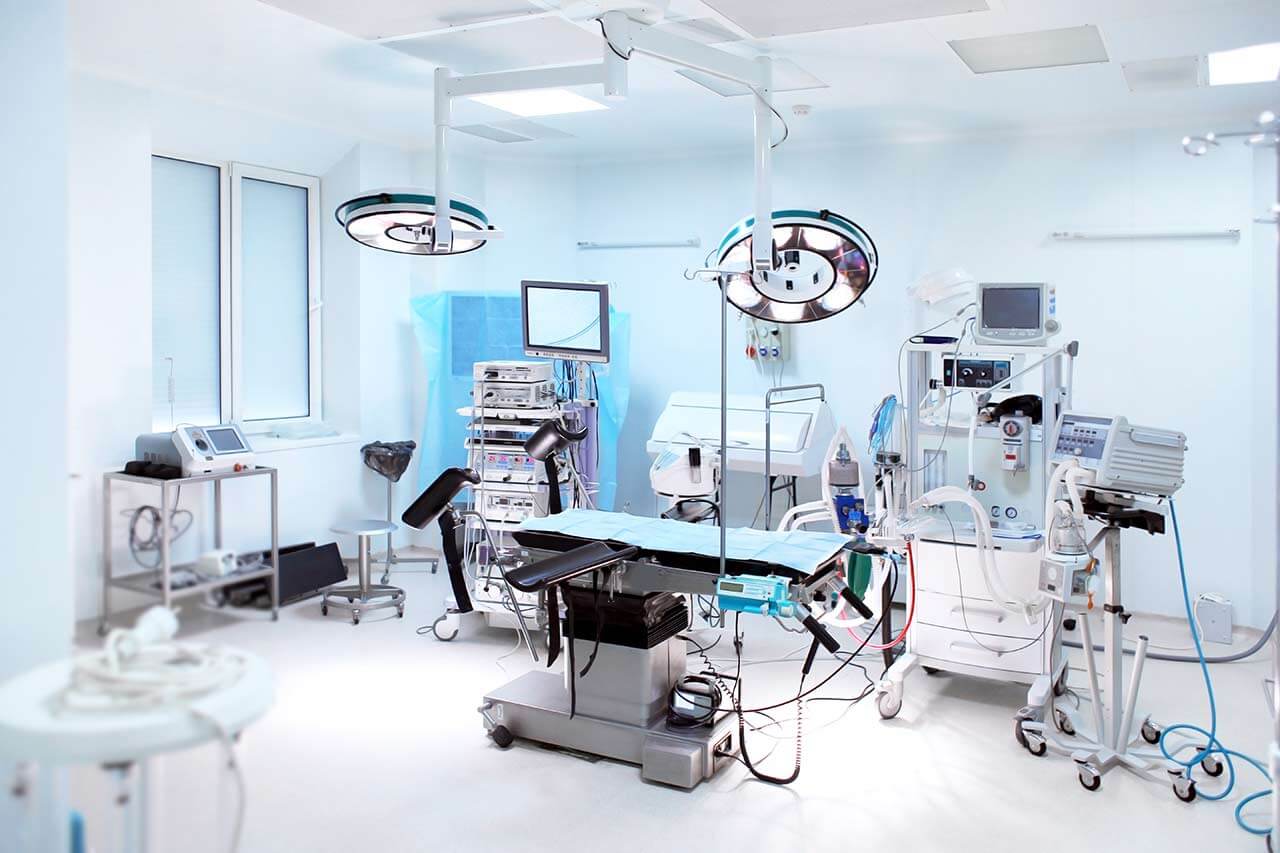
The program includes:
- Initial presentation in the clinic
- clinical history taking
- review of medical records
- physical examination
- laboratory tests:
- complete blood count
- biochemical analysis of blood
- Lipid metabolism (HDL/LDL, cholesterol,
triglycerides Lip(a), homocysteine) - blood coagulation analysis (aPTT, PT, INR)
- inflammation indicators (CRP, ESR)
- metabolic status (uric acid, total glucose, HbA1c)
- cardiovascular disease risk markers
- kidney function test (creatinine, urea)
- color doppler echocardiography
- color doppler sonography of abdominal vessels
- duplex of abdominal and peripheral vessels
- CT/ MRI-angiography of abdominal vessels
- preoperative care
- percutaneous transluminal angioplasty
of mesenteric artery with thromboendarterectomy - blood transfusions (if needed)
- 1-day intensive care unit stay
- symptomatic treatment
- control examinations
- the cost of essential medicines and materials
- nursing services
- full hospital accommodation
- developing of further guidance
Required documents
- Medical records
- Ultrasound scan and angiography (if available)
Service
You may also book:
 BookingHealth Price from:
BookingHealth Price from:
About the department
The Department of Adult and Pediatric Diagnostic, Interventional Radiology at the University Hospital Giessen UKGM offers the full range of services in these medical fields. It conducts highly accurate radiological studies in various pathologies, as well as effective imaging-guided minimally invasive procedures for the treatment of cancers and vascular diseases. The department has a strict quality management system, certified in accordance with ISO 9001: 2008 TÜV-Süd, which guarantees patients first-class medical care. The department is headed by Prof. Dr. med. Gabriele Krombach.
The priorities of the department’s clinical activities include angiographic studies and interventional procedures, imaging diagnostics of the heart, breast, breast biopsy, diagnostics and treatment of oncological diseases, as well as emergency care with the use of imaging systems (for example, CT diagnostics in polytrauma, vascular embolization in massive bleedings and revascularization of occluded vessels).
The service range of the department includes:
Diagnostic radiology
- Conventional X-ray studies
- Skeleton X-ray
- Thoracic X-ray
- Contrast-enhanced joint imaging
- Contrast-enhanced esophageal imaging
- Contrast-enhanced imaging of the stomach and duodenum
- Contrast-enhanced small intestine imaging (according to Sellink)
- Contrast-enhanced bowel imaging
- Contrast-enhanced imaging of the kidneys and urinary tract (urography)
- Computed tomography (CT)
- CT scan of the musculoskeletal system
- CT scan of the abdominal organs
- Vascular CT scan (CT angiography)
- CT scan of the coronary arteries (coronary angiography)
- Bone mineral density measurement with the use of CT
- Magnetic resonance imaging (MRI)
- MRI scan of the musculoskeletal system
- MRI scan of the spine
- MRI scan of the abdominal cavity and MRCP
- Vascular MRI scan (MR angiography)
- MRI scan of the pelvic organs
- MRI scan of the heart and thoracic organs
- MRI scan of the small intestine (according to Sellink)
- Angiography (vascular imaging)
- Angiography of the vessels of the legs and pelvis
- Angiography of pulmonary vessels
- Angiography of vessels of the abdominal organs
- Angiography of brain and arm vessels
- Mammography
- Galactography
- MR mammography
- Stereotactic vacuum biopsy (mammotomy)
- Ultrasound examination of all organs
- Contrast-enhancement ultrasound
- Ultrasound-guided biopsy
- Phlebography (examination of the veins)
- Angiography of the lymphatic vessels (lymphography)
- Other diagnostic capabilities
Pediatric radiology
- X-ray examinations
- Ultrasound examinations
- Computed tomography (CT)
- Magnetic resonance imaging (MRI)
- Other diagnostic services
Interventional radiology
- Installation of endoluminal prostheses for aneurysm treatment
- Uterine artery embolization for treatment of uterine myomas
- Installation of cava filters for thrombosis treatment
- Thermoablation to treat liver cancer and liver metastases
- Endoluminal treatment of varicocele in adult men, boys and adolescents
- Drainage placement
- Other interventional procedures
Photo of the doctor: (c) UKGM - Universitätsklinikum Gießen und Marburg GmbH
About hospital
The University Hospital Giessen UKGM positions itself as an ultramodern medical facility with outstanding quality of medical care. The hospital presents almost all areas of medicine, ranging from ophthalmology to traumatology and dentistry. The priorities of the hospital’s activities include surgery, neurosurgery, oncology, nephrology with kidney transplantation and pediatric medicine.
The hospital is the third largest in Germany. Every year, more than 436,000 patients are treated in two locations of the hospital (Giessen and Marburg): 342,000 outpatients and 94,000 inpatients. The medical facility is the first privatized university hospital in the country.
The hospital staff is engaged not only in clinical practice, but also in research activities on the basis of the Faculty of Medicine at Justus Liebig University Giessen and Philipps University of Marburg, which contributes to a significant contribution to the development of modern medicine. During the many years of productive work on the development of new diagnostic and treatment methods, the hospital’s doctors managed to make many significant discoveries.
The hospital enjoys an excellent reputation in Germany and far beyond its borders. It managed to gain such credibility thanks to the high competence of doctors, advanced equipment, high-quality medical service and care.
Photo: (c) depositphotos
Accommodation in hospital
Patients rooms
The patients of the University Hospital Giessen UKGM live in comfortable rooms made in a modern design and light colors. Each room has an ensuite bathroom with shower and toilet. The standard room furnishing includes an automatically adjustable bed, a bedside table, a wardrobe, a table and chairs for receiving visitors, a TV, a telephone.
Meals and Menus
The patients of the hospital are offered balanced, healthy three meals a day: buffet breakfast, lunch and dinner. The private kitchen, certified according to DIN EN ISO 9001:2000, is responsible for providing patients with food and drinks.
If for some reason you do not eat all foods, you will be offered an individual menu. The hospital also has a cafeteria with a large assortment of hot and cold drinks, snacks and desserts.
Further details
Standard rooms include:
Television
All patient rooms are equipped with TV sets. If you have some questions, please contact medical personnel.
Religion
Religious services can be provided upon request.
Accompanying person
During an inpatient program, an accompanying person can stay with you in a patient room or in a hotel of your choice.
Hotel
During the outpatient program, you can stay at the hotel of your choice. Our managers will help you to choose the most suitable option.




